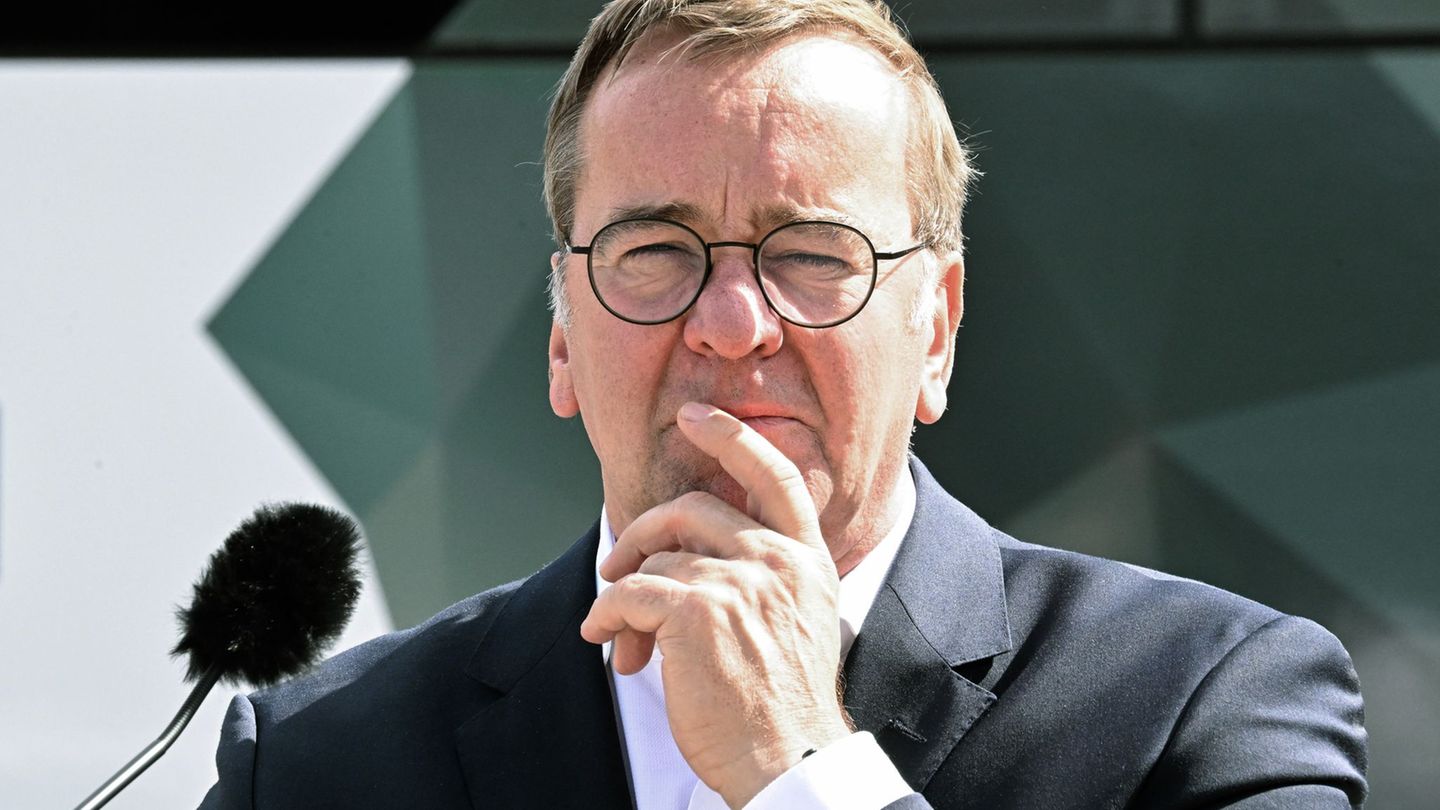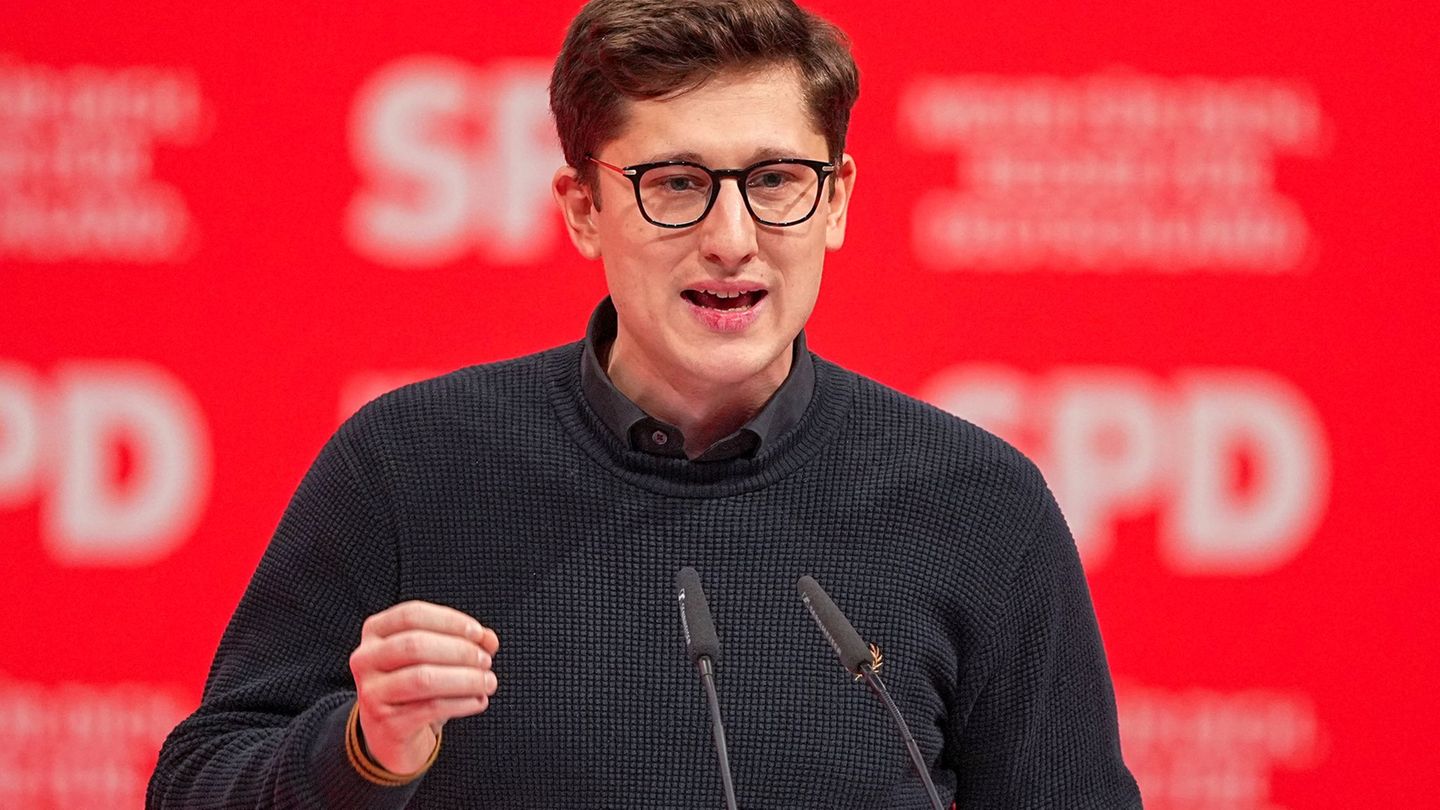I have been working in the news industry for over 6 years, first as a reporter and now as an editor. I have covered politics extensively, and my work has appeared in major newspapers and online news outlets around the world. In addition to my writing, I also contribute regularly to 24 Hours World.
Menu
Government formation: Juso leadership says no to the coalition agreement
Categories
Most Read
Protest: “No Kings”: Americans take to the streets against Trump
October 18, 2025
No Comments
Protest: Americans are taking to the streets again against Trump
October 18, 2025
No Comments
Driving license: These measures should make it cheaper
October 18, 2025
No Comments
Drone sightings: Large majority in favor of shooting down illegal drones, according to survey
October 18, 2025
No Comments
Donald Trump’s government is going to court in the dispute over the National Guard
October 18, 2025
No Comments
Latest Posts

Military Service Law: Pistorius: Comprehensive military service deters Russia
October 18, 2025
No Comments
IvanI have been working in the news industry for over 6 years, first as a reporter and now as an editor. I have covered politics

Israel will keep the Rafah crossing closed despite the Palestinian announcement of reopening
October 18, 2025
No Comments
October 18, 2025 – 18:18 The government of Benjamin Netanyahu confirmed that it will maintain restrictions at the border crossing and linked any opening to

As part of the peace agreement, Hamas will hand over the remains of two other hostages to Israel
October 18, 2025
No Comments
While the international focus continues to guarantee the ceasefire in the Gaza Stripthe Palestinian movement Hamas confirmed this Saturday that at 10 p.m. this Saturday
24 Hours Worlds is a comprehensive source of instant world current affairs, offering up-to-the-minute coverage of breaking news and events from around the globe. With a team of experienced journalists and experts on hand 24/7.

